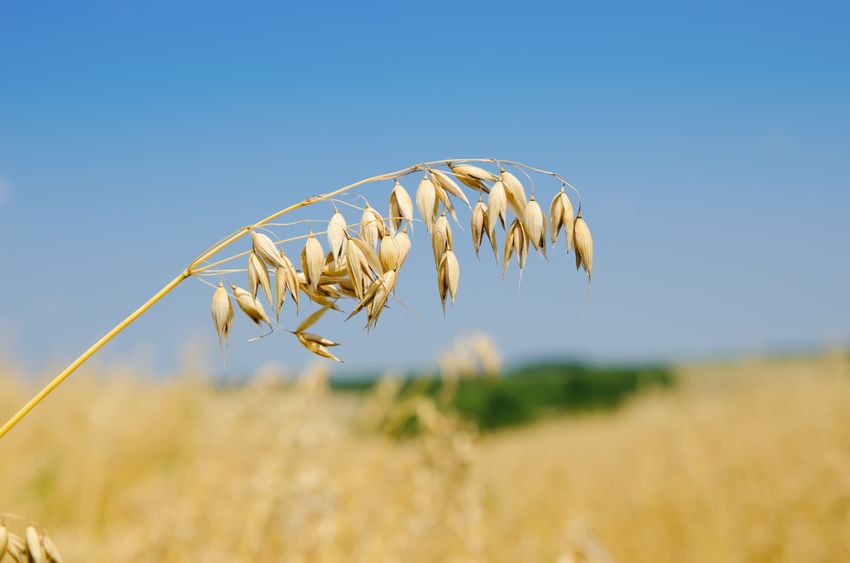
The NFU has called on Red Tractor to end the 'hypocrisy' in the arable sector as growers raise concerns over the requirements they are expected to meet compared with foreign imports.
Red Tractor - the UK’s largest assurance scheme - announced in January that it was consulting the industry on significant changes to its standards.
The consultation looked at how Red Tractor's standards can remain fit for purpose and kept in line with current best practice.
The call for responses ended on Friday 5 March and proposed changes should be rolled out in November this year.
As part of its response, the NFU has highlighted how in some sectors an imbalance existed between the production standards expected of UK farmers compared with those required of foreign imports.
For British growers to sell their grain, merchants require it to meet Red Tractor standards, but whilst imported grains come with assurances as to their food safety, there is no guarantee that they have been produced to the same standards as Red Tractor hold their members to.
Some producers say this puts them at a disadvantage when their grain regularly goes into products where it is mixed together with imported grain.
NFU Deputy President Stuart Roberts said growers were concerned that the high standards delivered domestically were undermined by imports competing in the same market.
"This hypocrisy weakens the integrity of standards and burdens farmers with extra cost," Mr Roberts explained.
"There needs to be more transparency about what standards the supply chains are asking for and whether these can be matched by imported product."
David Walston, an arable farmer near Cambridge, said he felt cornered by the greater production standards expected of him than imported wheat.
He said buyers insisted on farm level assurance from UK produce, but were happy to buy imported grain that was assured only from the merchant onwards.
“This means that UK farmers must comply with all of the Red Tractor rules and paperwork – and the costs that entails – whereas imported grain only has quality and safety samples taken," Mr Walston said.
“This unfairly burdens UK farmers with the costs of Red Tractor assurance, without paying us a premium for jumping through all those hoops.
“It is clear there is no premium for Red Tractor on the supermarket shelf - because products which co-mix UK and imported wheat cannot display the Red Tractor logo - and buyers certainly do not pay us a premium if they are not getting any more from the consumer.”
Mr Walston said he believed the solution should be for growers to able to produce grain to the legal and environmental standards that the government set out.
"It should meet the food safety standards that imported wheat does, but it should not necessarily have to be farm assured," he added.
"I cannot see why we should not be able to produce to the same standards that millers are already using to buy imported wheat.”
As part of its response to the consultation, the NFU said that while it held the above concerns, Red Tractor's standards continued to be the 'bedrock of UK agriculture'.
Mr Roberts said: "There is strong support for Red Tractor’s original purpose of assuring the public that food is safe, produced with care to high standards of environmental protection and animal welfare and is fully traceable back to UK farms.
“Continued support for the Red Tractor assurance scheme will be crucial not just at home but, as new trade deals are developed, it will also help to bolster ‘Brand Britain’ as we take British food to new, global markets."
The NFU held more than 75 meetings across the UK during the consultation, engaging with around 3,000 farmers and growers.
